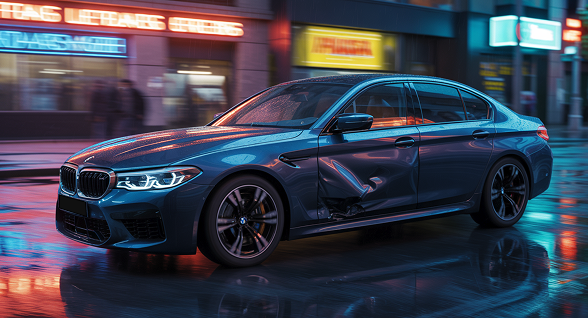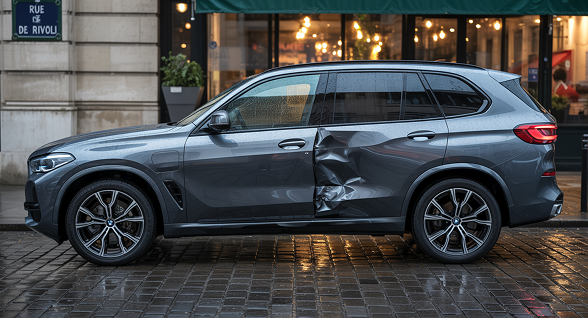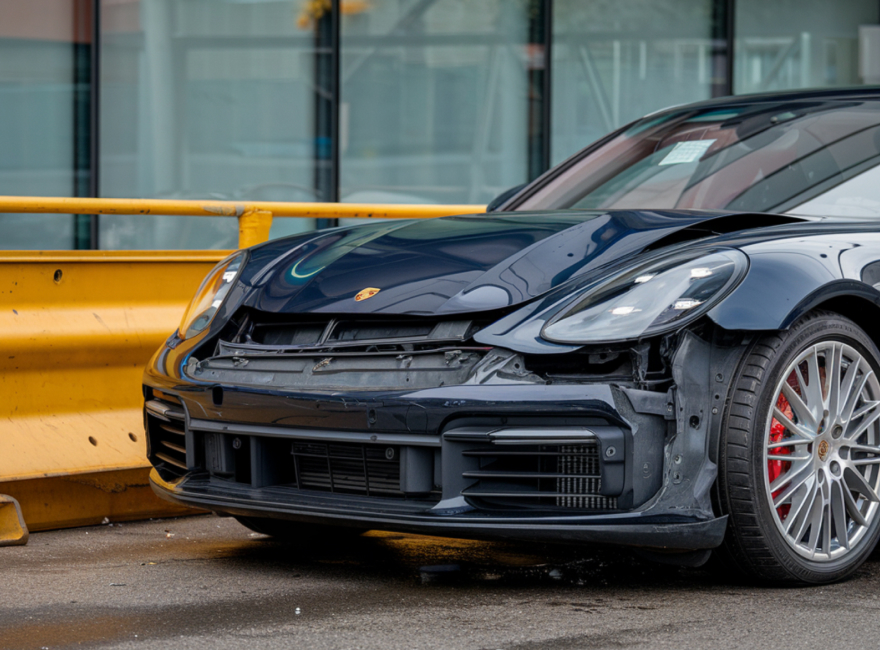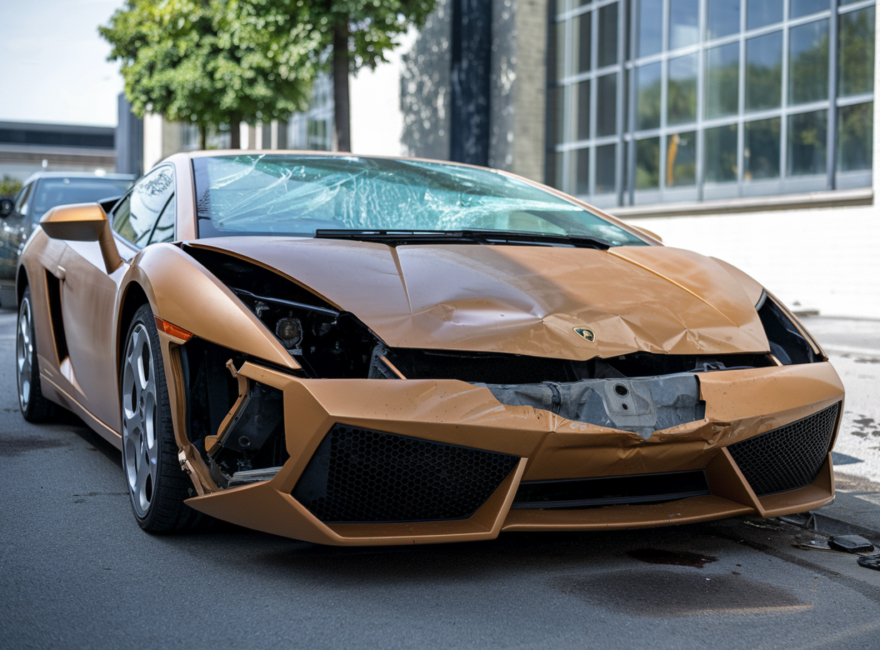Are Sports Cars More Expensive to Insure?
A sports car is an exciting purchase – and if you’re an auto enthusiast, it could be among the best you ever make.
Before you go all-in, though, make sure you know the full range of costs associated with owning a sports car, including insurance. Car insurance costs vary based on the type of vehicle you’re insuring, with some cars – luxury and exotic among them – seeing significantly higher premiums than everyday consumer vehicles.
So, are sports cars more expensive to insure than other cars? Here’s what to know about insurance for sports cars, including what is considered a sports car and what isn’t for insurance.
Does Insurance for Sports Cars Cost More?
Yes, you’ll almost always end up spending more to insure a sports car versus other car models.
This begs the next question: why are sports cars so expensive to insure? And that comes down to a few different factors, all of which make sports cars a higher risk for insurance companies. They include:
- Higher repair and replacement costs for damaged parts
- Higher accident rates
- Greater risk of injury and damage in a collision
- Increased rates of vehicle theft
The small size and agile handling of a sports car make it easy for drivers to engage in reckless behaviors like speeding. They also increase the risk of injury – personal and property – in an accident. These things are all costly to car insurance companies, and sports car owners are charged more monthly premiums as a result.
What is Considered a Sports Car for Insurance?
For insurance purposes, a sports car is a small, light, high-horsepower vehicle.
This covers luxury cars like:
- Chevrolet Corvette
- Porsche Boxster
- Porsche Cayman
- BMW M2
- BMW 8-Series
- Lexus LC
- Lexus RC F
- Mercedes-Benz GT
- Nissan GT-R
- Lamborghini Revuelto
- Jaguar F-Type
Of course, a car doesn’t have to be expensive to be considered a sports car. Affordable sports cars like Ford Mustangs and Chevrolet Camaros are still more expensive to insure than standard vehicles, though less than insuring a high-end sports car like a Lamborghini.
How to Save on Insurance for Sports Cars
A sports car insurance policy should cover the same things as any other auto insurance policy, including collision damage, property damage liability, personal injury protection, and uninsured/underinsured motorist protection.
Your required coverage limits as a sports car owner will vary depending on your state. Here in Florida, all vehicle owners must maintain a minimum of $10,000 in personal injury protection (PIP) and property damage liability (PDL) coverage. A sports car owner may choose to invest in higher-coverage plans to account for the increased risk of personal and property damage in a collision.
To spend less on sports car insurance, look for insurance companies offering discounts on sports car plans and get multiple quotes before choosing a provider. Connect with your local sports car community as well, and get referrals on the cheapest sports car insurance plans from some of the people who know the market best.
Filing a Claim After a Sports Car Collision
Accidents happen. And when they do, you need to make sure you get the maximum amount of compensation available to you.
One of the most common claims sports car owners file after an accident is a diminished value claim, which covers the loss in value from prior to the accident to after post-accident repairs. Diminished value can be especially high for sports cars due to the loss in integrity of the vehicle and reduced marketability. To file a successful claim, you’ll need to prove the other party’s negligence caused the damage. You will also need to prove the trust lost value of the vehicle.
At SuperCarClaims.com, we specialize in diminished value claims for sports cars and other exotic vehicles. Fill out our form to get more information on filing a sports car insurance claim, and make sure you get your money’s worth on your pricey insurance plan.





